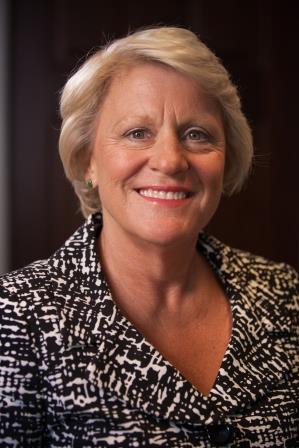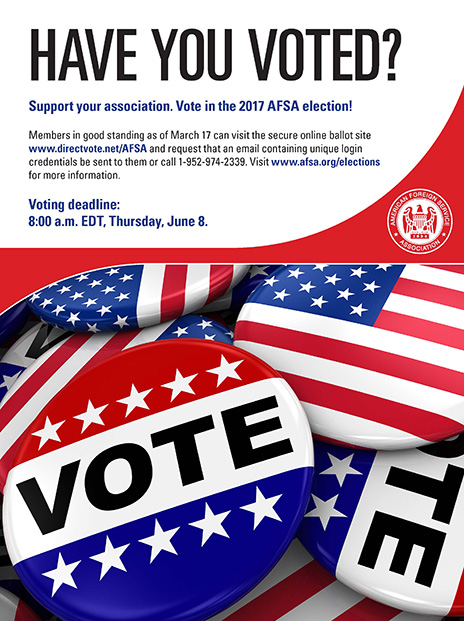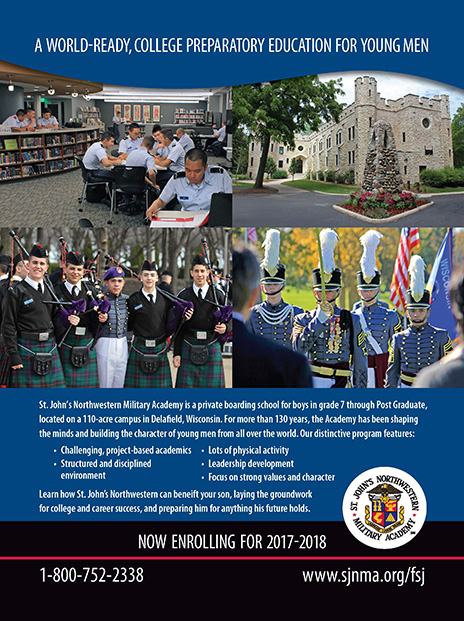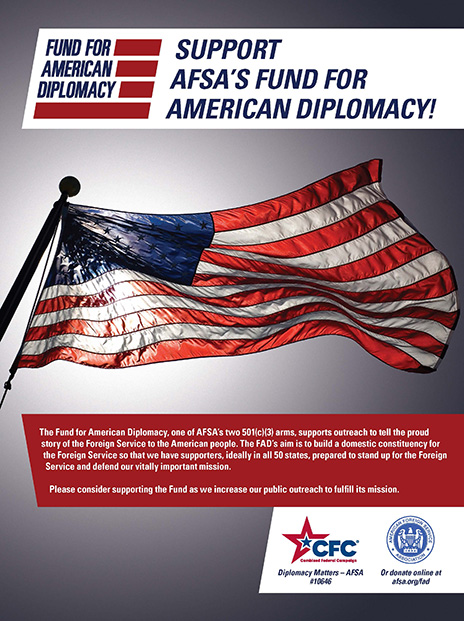Seizing Transition Opportunities
President's Views
BY BARBARA STEPHENSON

It is easy at times like this, in the midst of a political transition that includes proposals to cut foreign affairs funding by 30 percent and undertake a sweeping reorganization, to overlook the opportunity that change on this scale presents for addressing issues that have plagued us and undermined our effectiveness.
I know. As a regular speaker on “Leading Change” in FSI courses, I have become over the years a cheerleader for making the most of transitions to reexamine priorities and ask what we could drop or cut back to make room for new priorities. Yet even I have found the scope and scale of the changes currently under discussion a bit daunting, and I fully understand if you have, too.
I suspect that writing a column like this will invite criticism that I, as AFSA president, should be fighting to stop the cuts and rallying the membership to oppose reorganization. But AFSA’s record-high membership levels and the response and feedback from our “structured conversations” (now in their second year) and other communications tell me that many members are open to a sophisticated approach by AFSA that draws on our core competencies as diplomats.
We have, of course, been advocating for adequate funding for the foreign affairs budget. In this we have joined forces with the U.S. Global Leadership Coalition, which fights for full funding of the 150 account that covers foreign affairs, and I have been making multiple pilgrimages each week to speak to Hill supporters about why this is not the time to weaken America’s global leadership by starving the Foreign Service of funds.
How, I ask during Hill meetings, would we explain to voters a decision to pull the American Foreign Service team off the field and forfeit the game to our adversaries? Nine in 10 Americans favor strong American global leadership, which is unthinkable without a strong, professional Foreign Service deployed around the world protecting and defending America’s people, interests and values. I see no signs of a mandate to weaken American leadership; rather, I see a hunger for American diplomacy to deliver wins.
How then do we, the professional career Foreign Service, work to ensure that we are fielding a diplomatic team capable of delivering the wins the American people want? We need to field a Foreign Service team trained, equipped, resourced and structured to play at the top of its game.
We need to field a Foreign Service team trained, equipped, resourced and structured to play at the top of its game.
I propose that we seize the opportunities presented by this transition to make the Foreign Service stronger as a key instrument of American global leadership. For starters:
Let’s recast the conversation on risk. As I argued in the March FSJ, to lead, we must be present; and to be present, we must effectively manage the risks that are inherent in our deployment to 270 posts around the world, most of them in difficult environments, and many in dangerous ones.
An effective risk management policy does not guarantee that everyone comes home safe and sound. It means we manage risk smartly, according to established best practices, to weigh and document risk-benefit trade-offs in the decisions we make as we go about our priority work advancing America’s interests abroad.
In his interview with me during our new “Continuing the Conversation” series, former Diplomatic Security Assistant Secretary Greg Starr talked to a packed house at AFSA about taking the next steps to adopt a comprehensive risk management framework at State. We need to build on the new 2 FAM 030 risk management policy and the Vital Presence Validation Process to put in place a comprehensive risk management framework that extends to the operational and tactical decisions made at post by Emergency Action Committees.
If you missed Greg Starr’s interview, watch it on AFSA’s YouTube channel, and give careful thought to the opportunities the political transition presents to move our organization to a firmer risk management footing. Doing so will help ensure that the Foreign Service team can be where we need to be, anywhere in the world, to defend America’s people, interests and values.
Let’s refocus on core diplomatic work. For all of you who have lamented (quite rightly) that the profusion of special envoys and the proliferation of priorities have weakened our effectiveness— when everything is a priority, nothing is a priority—I say to you that we now have an opportunity to streamline and create the conditions for a more effective and focused American foreign policy.
We must take care during such reorganizing to preserve core diplomatic capability, and I expect high-quality, informed debates over the coming months about what makes the cut, and what does not. There is no one better than seasoned, experienced members of the Foreign Service to shape that debate.
Let’s reintroduce the Foreign Service. As a quick glance at AFSA’s daily media digest shows, there is great interest now in the well-being of the Foreign Service, certainly more than I have ever seen in my career. We need to make the most of this interest to achieve a long-sought goal: increased awareness of and appreciation for the Foreign Service.
I propose that we seize the opportunities presented by this transition to make the Foreign Service stronger as a key instrument of American global leadership.
This is a chance to shed some false narratives, including the one about members of the Foreign Service being unwilling to serve in Iraq a decade ago during the height of the war. I regret that we did not do a better job then of explaining to the American people that we did fill every one of those Iraq positions, but at a cost.
We met our Iraq surge obligations by moving Foreign Service personnel, and then positions, from other important posts, sustaining vacancy rates of more than 25 percent at posts around the world to meet those obligations. Despite perceptions that took hold, the problem was never lack of courage and patriotism, but rather lack of numbers.
Then, as now, Foreign Service numbers were minuscule compared to those of the U.S. Department of Defense. With just over 16,000 total members—8,000 State FSOs, 6,000 FS specialists, 1,850 USAID FSOs, 255 Foreign Commercial Service officers, 175 FSOs from Agriculture, and a dozen from BBG—the Foreign Service is completely dwarfed by the Department of Defense’s 750,000 civilian workforce and the nearly two million members of the uniformed military (1.4 million active duty plus 580,000 in the reserves). The number of American diplomats is not much bigger than the number of people in U.S. military bands.
Though not as dramatic, comparisons with other diplomatic services show that the U.S. Foreign Service is distinctly modest in size. Take the United Kingdom, for example, which has about one-fifth the population of the United States, and a military roughly one-tenth the size of ours. The U.K.’s Department for International Development reports staff of 2,700, more than the total number of FSOs at USAID; and the Foreign Office reports about 5,000 diplomats, not vastly smaller than the 8,000 FSOs at State—and U.S. numbers, in contrast to U.K. numbers, include those adjudicating visas.
Despite our small size, much is expected of the highly skilled, dedicated and flexible U.S. Foreign Service—and long may that be so. We are, I would argue, exactly the right national security tool for the moment: a Service designed to be regularly redeployed around the world in pursuit of U.S. foreign policy objectives.
With our up-or-out system, we have a built-in reduction in force (RIF) that removes 300 of our colleagues from the Service each year—ensuring that it is high-performing, accountable and responsive to new priorities.
I urge each of you to give your best effort to making the most of the opportunities presented by this transition to make the Foreign Service stronger, in fact and in reputation, so that we can do our part to sustain the global leadership Americans want and the world needs.




